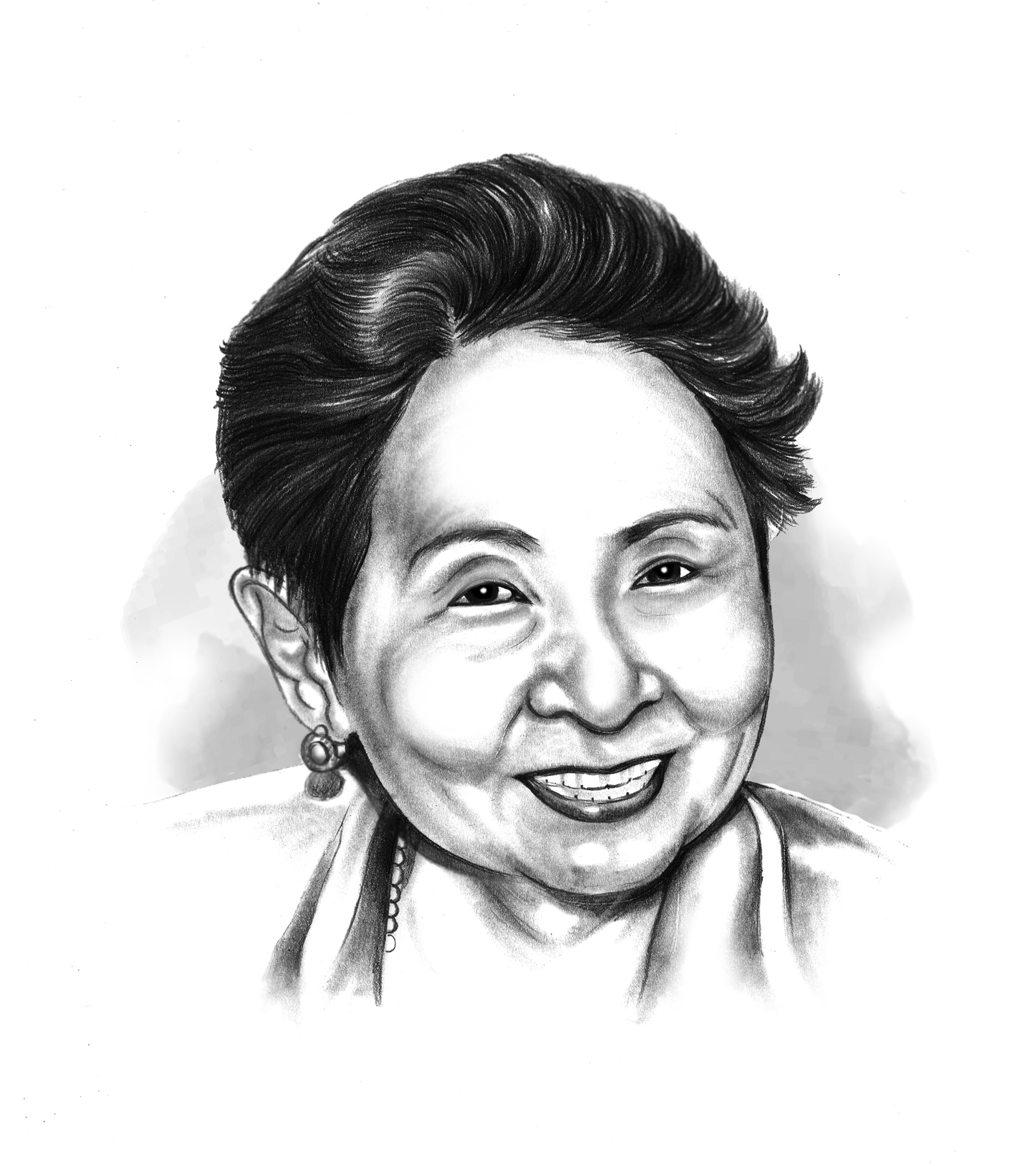PAGBABAGO

At the conference on “Human Happiness and Well-being in an Uncertain World,” held in Sabah Malaysia last June, 2024, Mahar Mangahas, chair emeritus of the Social Weather Stations (SWS), presented his paper entitled “Economic Well-being in the Philippines” where he cited statistical data which he said was essential for scientific guidance of governance. He noted that surveys and bottom-up indicators of subjective well-being are practical tools for analysis.
He also stressed that economic well-being is a key component of general public well-being. The SWS economic indicators focused on deprivation, a Self-Rated Poverty (SRP). That poverty had been recognized as the main barrier in our human development efforts is shown by the number of surveys that SWS conducted since it started in 1983 when it conducted 142 surveys on SRP. Later in 1992, it conducted a Self-Rated Food Poverty Survey. This was followed by 123 surveys on joblessness and 104 quarterly surveys on hunger.
The SWS monitoring on poverty and hunger is the most rapid survey-based system in the world, he further noted. Among the lessons learned are: (1) That respondents recognize a border between poor and not poor, and that it is wide at 46 percent poor, 30 percent border, and 25 percent not poor during the survey conducted in 2024; and (2) That hunger is higher in the North, (NCR is often the worst).
Mangahas further noted that SWS indicators had been providing scientific and realistic up-to-date data on economic deprivation over the past decade. Thus, it is a more reliable tool than the GNP and GNI indictors which tend to exaggerate people’s progress, the scantiness of income-poverty, and hunger data, thus contributing to the neglect of policy attention to them.
Finally, the paper noted that poverty and hunger must be recognized as very serious problems that call for more aggressive measures such as larger, lengthier and better targeted cash transfer; raising minimum schooling to Junior High School; and cutting inflation to two percent per annum by monitoring and fiscal tightening.
I would like to end with a poem I had written while contemplating on what ails the nation.
Ode to a Singer
Singer, sing those tunes again,
And touch our hearts so that
We may feel more deeply,
That we may reach out
to our brother,
That we may open our eyes to
Injustice and poverty,
Be moved to fight
for people’s rights.
Singer, show us an example,
Like breaking the sod,
and sifting the compost
Is to serve the need of our
beleaguered children,
That a dying kitten can be
brought to life through
Tender hearted care
Singer, show us how to
reflect in silence
And thus, be able to listen
to the murmur of our hearts
And enable us to take a
stand for the oppressed,
Know the difference between
knowledge and wisdom,
Envision, and not merely respond
to the clamor of the gallery.
To hope and dream,
to constantly lift our eyes
To the One who orchestrates
the symphony of the Universe.
—FRB’ 81